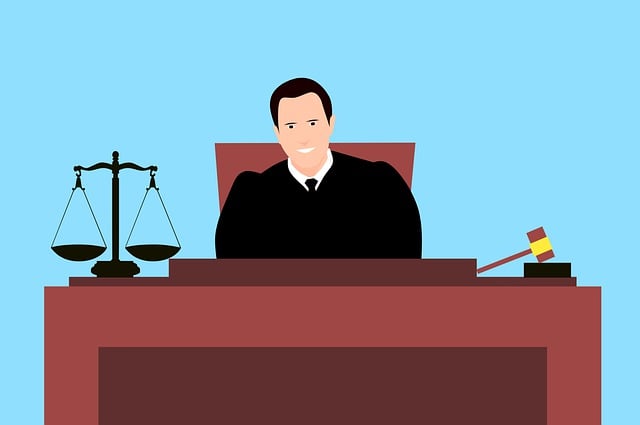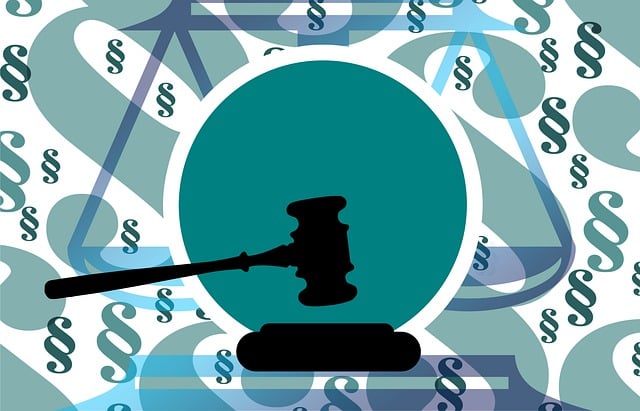Startups navigating complex legal landscapes need whistleblower protection laws guidance to avoid trademark infringement pitfalls. Unauthorized use of protected trademarks by whistleblowers can lead to consumer confusion, costly lawsuits, and setbacks. Seeking trademark infringement legal assistance for startups is crucial for brand identity protection, intellectual property law compliance, and avoiding criminal charges. Early engagement of legal experts aids in protecting against potential risks, gathering evidence, and consulting specialists to navigate high-stakes cases effectively.
Whistleblower protection lawsuits are crucial for startups seeking to safeguard their intellectual property and brand identity. In today’s competitive market, understanding whistleblower laws is essential for protecting against trademark infringement, a common challenge faced by innovative ventures. This comprehensive guide explores legal assistance tailored for startups, delving into case studies of successful protections. From recognizing infringements to navigating the lawsuit process, this article equips entrepreneurs with knowledge to safeguard their business and intellectual property.
- Understanding Whistleblower Protection Laws: A Startup's Guide
- What is Trademark Infringement in the Context of Whistleblowers?
- The Role of Legal Assistance for Startup Protections
- Case Studies: Successful Whistleblower Protection Lawsuits
- Navigating the Process: Tips for Startups Considering Legal Action
Understanding Whistleblower Protection Laws: A Startup's Guide
Understanding Whistleblower Protection Laws is essential for startups navigating a complex legal landscape. These laws, designed to shield individuals who expose wrongdoing within their respective businesses, can be a double-edged sword. While they offer critical legal assistance for startups facing whistleblower protection lawsuits, they also carry potential risks and consequences. Startups must be adept at recognizing legitimate whistleblowing activities while ensuring compliance with relevant regulations to avoid costly disputes.
By understanding the nuances of these laws, including provisions related to trademark infringement, startups can fortify their defenses. A robust legal strategy centered around a strong understanding of whistleblower protection laws has enabled many companies to achieve winning challenging defense verdicts. This unprecedented track record underscores the importance of proactive legal guidance for startups seeking to protect their interests in an ever-evolving regulatory environment.
What is Trademark Infringement in the Context of Whistleblowers?
In the context of whistleblowers, trademark infringement can arise when an individual or entity uses a protected trademark without authorization, causing confusion among consumers regarding the source of goods or services. This is particularly relevant for startups, which often rely on unique brand identities to establish themselves in the market. Whistleblowers, in their pursuit of justice, might inadvertently step into legal territory by misusing or replicating established trademarks. Such actions can lead to costly lawsuits and significant setbacks for both whistleblowers and new business ventures.
Seeking legal assistance from experts specializing in trademark law is crucial for startups to navigate these complex issues. With their guidance, entrepreneurs can protect their brand identities and avoid potential pitfalls associated with trademark infringement. By ensuring compliance and fostering a culture of intellectual property awareness, startups can achieve extraordinary results while steering clear of criminal charges or indictment, especially in the general criminal defense realm.
The Role of Legal Assistance for Startup Protections
In the complex landscape of whistleblower protection lawsuits, especially within high-stakes cases involving startups, the role of legal assistance is paramount. Startups often face unique challenges when it comes to intellectual property and trademark infringement, requiring specialized knowledge to navigate these intricate legal territories. Legal aid becomes a beacon of protection for these nascent businesses, guiding them through potential pitfalls that could otherwise cripple their growth.
Experienced attorneys specializing in this domain offer invaluable support, ensuring startups can enforce their rights effectively. They provide crucial guidance on trademark registration and protection strategies, enabling young businesses to safeguard their distinctive identities. This proactive approach not only mitigates the risk of infringement but also empowers startups to assert themselves against potential violations, fostering a robust and competitive market environment for his clients.
Case Studies: Successful Whistleblower Protection Lawsuits
Whistleblower protection lawsuits have produced notable successes that serve as case studies for businesses and individuals alike. One prominent example involves a startup that sought trademark infringement legal assistance to protect its unique brand identity. The company, specializing in innovative technology solutions, uncovered a major corporation misusing their trademarked name and logo across various marketing materials. Through aggressive legal action, the whistleblower not only secured substantial damages for their startup but also set a precedent for protecting intellectual property rights, deterring future infringements.
Another unprecedented track record was achieved in a case focusing on white-collar and economic crimes. An employee who discovered fraudulent financial activities within their organization initiated a lawsuit, leading to a significant recovery of funds and severe penalties for the guilty parties. This victory not only safeguarded the integrity of the company but also encouraged employees nationwide to come forward with crucial information, fostering a culture of accountability across the country.
Navigating the Process: Tips for Startups Considering Legal Action
Navigating the legal process for whistleblower protection lawsuits can be a daunting task, especially for startups who might lack resources and expertise. When considering legal action, it’s crucial to understand the intricacies involved in trademark infringement cases, as these often form the basis of whistleblower claims. Seeking legal assistance for startups early on is a strategic move that can help protect against potential avoiding indictment.
Startups should focus on gathering comprehensive evidence, documenting interactions with allegedly infringing parties, and consulting with specialists in intellectual property law. A thorough understanding of their rights and the legal landscape is essential. With the right guidance, they can navigate high-stakes cases effectively, ensuring their claims are strong and their interests protected for his clients.
Whistleblower protection lawsuits are a powerful tool for startups facing trademark infringement issues. By understanding their rights and navigating the legal process with the aid of specialized assistance, entrepreneurs can safeguard their intellectual property and ensure a fair business environment. This comprehensive guide has provided insights into various aspects, from recognizing trademark infringement to successful case studies, empowering startups to take proactive measures. With the right support, startups can effectively protect their brands and foster innovation without fear of unfair practices.






